LEADERSHIP
Officers and Board Members 2018 – 2019
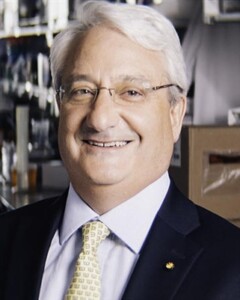
President
DAVID WEINER
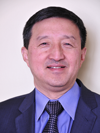
Treasurer
SHAN LU

Secretary
DENISE DOOLAN

President Elect
TED ROSS

President Emeritus
MARGARET LIU
Board Chairs
Board Members
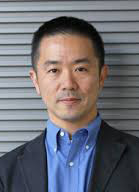
KEN ISHII
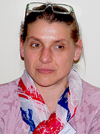
MARIA ISSAGOULIANTIS
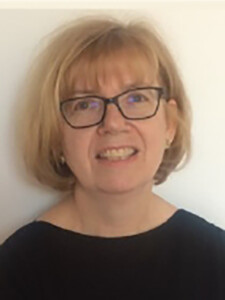
LINDA KLAVINSKIS

ODILE LEROY
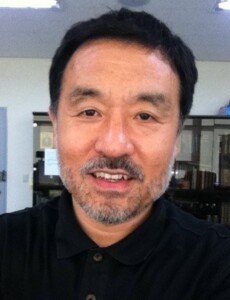
JOON HAENG RHEE

ANNA-LISE WILLIAMSON
ARCHIVES
OFFICERS & BOARD MEMBERS
